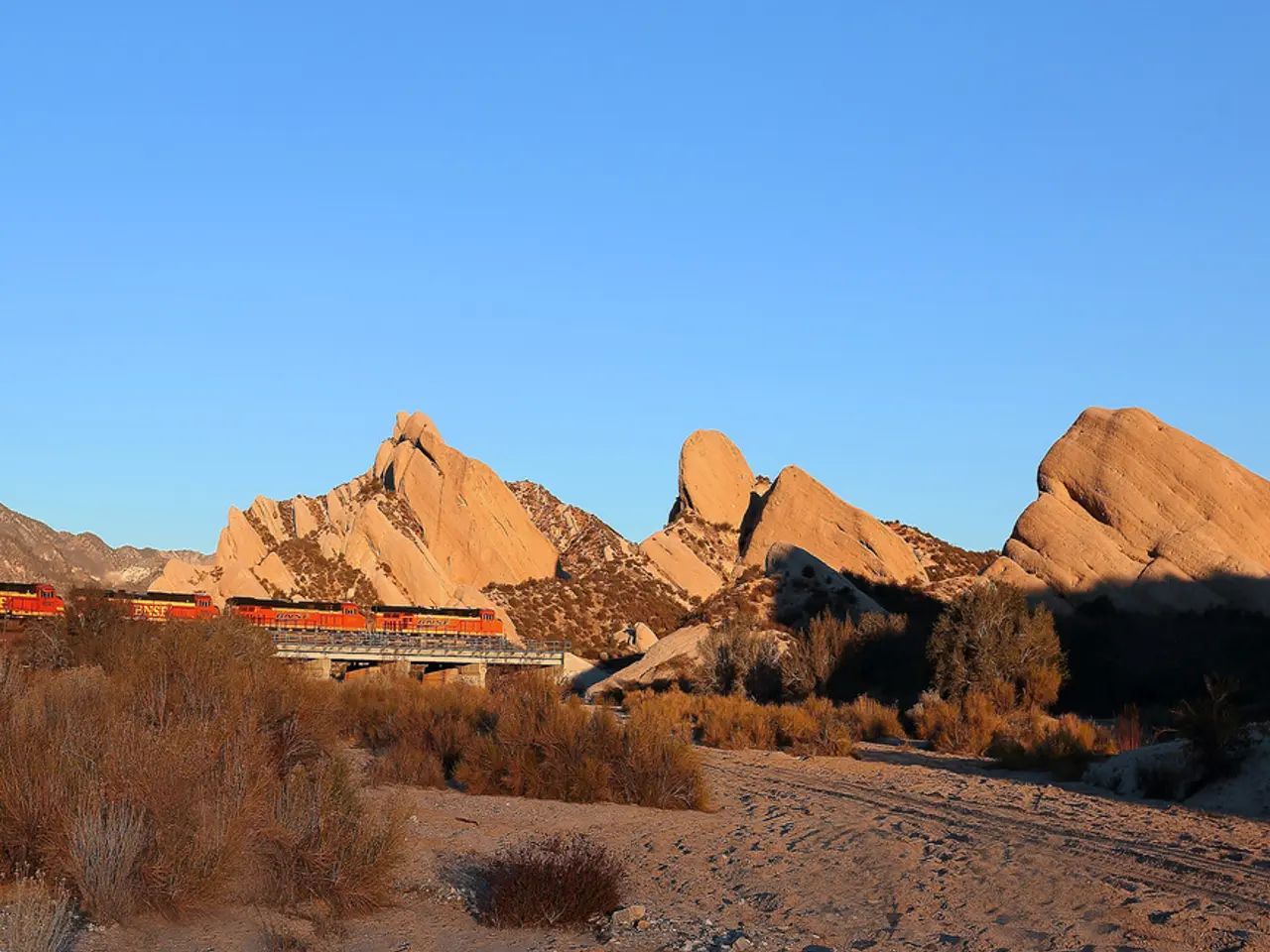Gulf stocks dwindle under KSE's pressure, influenced by regional conflicts and Fed uncertainty.
A Fresh Take on Kuwait Stock Exchange's Slump
The Kuwait Stock Exchange (KSE) saw a tumultuous day on Wednesday, with all major indices taking a nose dive, thanks to a perfect storm of apprehension brewing from regional instability and global economic uncertainty.
The market's total value plummeted by an alarming 1.45 percent, shedding approximately 696 million dinars. This dramatic dip erased nearly half of the gains attained over the past two days, according to Al-Rai daily. Unfortunately, Kuwait led the charge amongst Gulf markets, initiating a broad regional downturn that left Gulf Cooperation Council (GCC) bourses with a collective loss of 0.7 percent, equating to a massive $25.7 billion.
Following Kuwait's lead, the Dubai Financial Market dropped a staggering 1.2 percent (2.6 billion), Bahrain slid 1.12 percent (300 million), and Saudi Arabia's Tadawul sunk 1.2 percent (16.1 billion). Qatar's exchange fell by 0.61 percent (800 million), while Abu Dhabi's market faltered 0.4 percent, losing about 3.7 billion.
On home turf, the Premier Market Index tumbled 1.56 percent (135.8 points), the General Index dipped 1.45 percent (116.7 points), the Main 50 Index plunged 1.32 percent (91.85 points), and the Main Index skidded 0.9 percent (63.17 points). Losses were a common theme across 12 sectors, with technology (-6.21 percent), industry (-4.33 percent), consumer services (-3.27 percent), and basic materials (-3.26 percent) suffering the heaviest blows. In a rare instance, the energy sector bucked the trend, inching up 0.78 percent.
Despite the dire state of affairs, trading activity improved, with a 3.9 percent surge in total value to KWD 111.97 million. However, the volume of traded shares dipped 4.6 percent to 512.44 million, indicating a mixed bag of trading motives, such as asset repositioning or profit-taking.
As for the root causes of this rollercoaster ride, analysts point their fingers at the geopolitical landscape and nervousness surrounding the U.S. Federal Reserve's interest rate decision. While many anticipate another rate holding for the fourth consecutive time, ranging between 4.25 percent and 4.5 percent, uncertainty continues to cast a dark cloud over investor sentiment.
oil prices, which have seen a robust 10.5 percent surge since last Friday, play a significant role in shaping regional market dynamics, as well. The future trading sessions will likely be heavily influenced by both geopolitical developments and economic indicators, particularly those pertaining to oil and global monetary policy decisions.
It's important to note that the Israeli-Iranian conflict has been a major instigator of these market swings. This regional unrest and its impact on commercial activities, such as air travel, have significantly increased geopolitical risks among investors across the Gulf. The uncertainty stemming from the Middle East unrest has made these markets more volatile and has become the new normal under present circumstances.
References:1. Al Watan Newspaper (https://english.alwatannews.com/business/arabic-market-down-as-investors-cut-risk-amid-israel-iran-tension/)2. Gulf Business (https://gulfbusiness.com/kuwait-stock-market-drops-over-1-5-sunday/)3. Bloomberg (https://www.bloomberg.com/news/articles/2021-05-11/kuwait-leads-gulf-note-drop-as-investors-trade-israeli-tensions)4. Reuters (https://www.reuters.com/business/finance/middle-east-stocks-drop-bermuda-get-slammed-2021-05-10/)
The banking sector within the industry may have experienced financial strain due to the Kuwait Stock Exchange's slump, as sectors like technology and consumer services also suffered significant losses. Moreover, the volatile market conditions could potentially impact the flow of investments within the Gulf Cooperation Council (GCC) economies, thereby influencing their financial health.




